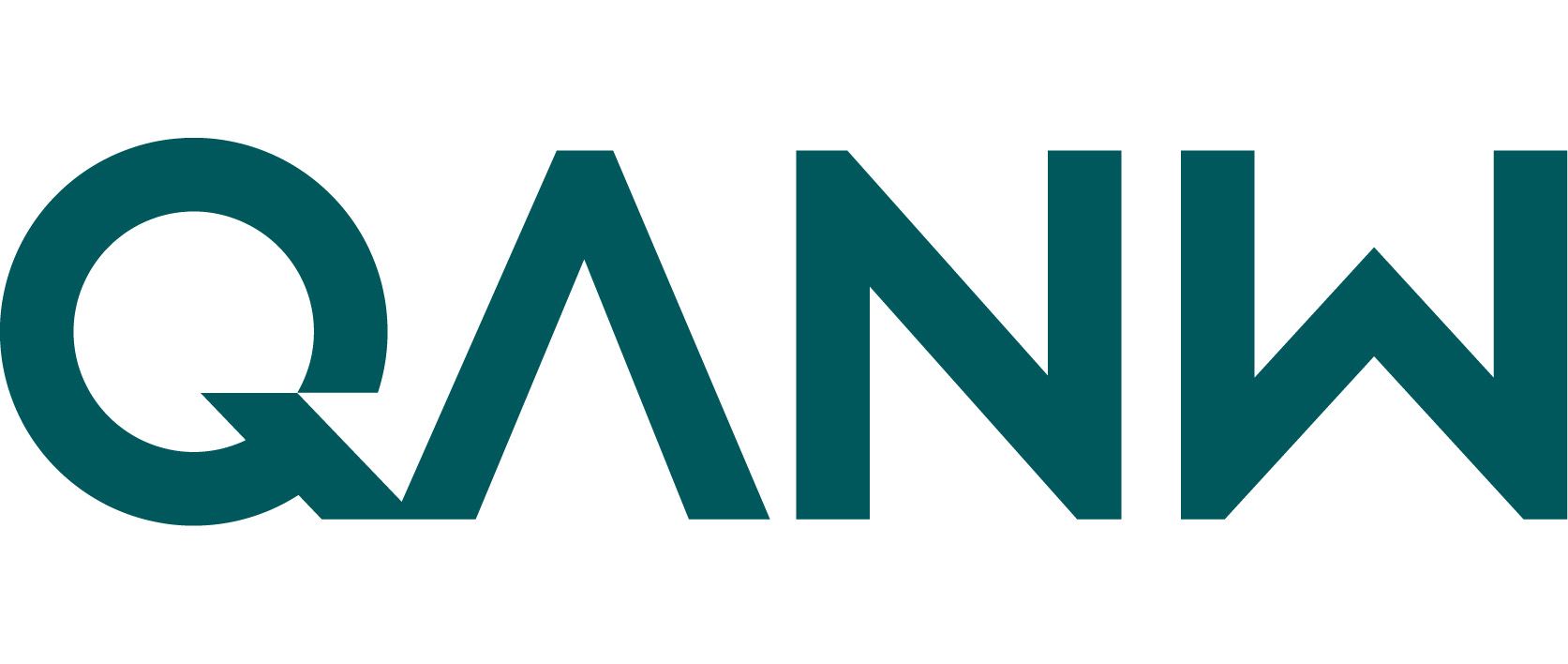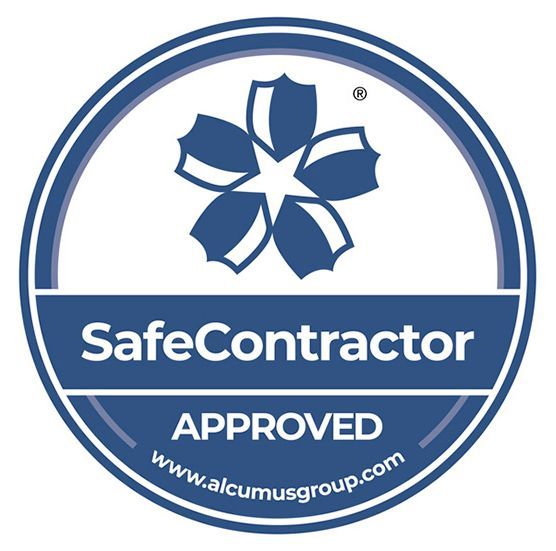Business Tax & Energy Relief
It's important to understand the ins and outs of business tax and energy relief laws. Here's a comprehensive look at what you need to know.
Beginning on April 1st, 2023, significant changes are set to occur within various schemes that will have a direct impact on the commercial solar industry. To ensure that you are equipped with sound and factual knowledge, it is pertinent to familiarise yourself with the details of these changes.
New Schemes
Starting 1 April 2023 and lasting until the end of March 2026, companies are eligible to claim 100% capital allowances under the new Full Expenses (FE) scheme for qualifying plant and machinery investments. This scheme enables companies to instantly deduct 100% of the costs associated with certain plant and machinery investments from their profits, instead of spreading the deductions over the asset's lifespan.
Small and micro-businesses that are eligible may receive a discount of up to £140 on their gas and electricity bills under the Energy Bill Discount Scheme (EBDS) starting from 1 April 2023.
Eligible non-domestic consumers may now receive a maximum discount on their energy bills, and the relative discount will apply when wholesale prices surpass a particular price threshold, traditionally at £19.61 per MWh for electricity and £6.97 per MWh for gas, with a price threshold of £302 per MWh for electricity and £107 per MWh for gas.
Existing Schemes
The Enhanced Capital Allowance (ECA) scheme is a government initiative in the UK that encourages businesses to invest in qualifying energy-efficient technologies by allowing them to claim 100% of the cost of such technologies in the year of purchase. This scheme is set to run until at least April 2025. However, it is important to note that solar PV, although an energy-efficient technology, is not included in this scheme because it is classified as a long-life asset and not classified as 'main rate equipment'.
Despite this, there are several other technologies that are included in the ECA scheme that businesses can take advantage of. These include electric cars, electric vehicle charging points, plant and machinery for gas refuelling stations, gas, biogas, and hydrogen refuelling equipment, and zero-emission goods vehicles.
In addition to the ECA scheme, businesses in the UK can also benefit from the Annual Investment Allowance (AIA), which is a tax break that allows them to claim for investing in equipment and machinery. As of April 2023, the AIA has been extended indefinitely, providing businesses with a long-term incentive to invest in their operations. This scheme allows businesses to claim up to 100% of the cost of the investment in the year of purchase, up to a maximum of £1 million.
It is worth noting that both the ECA and AIA schemes have different eligibility criteria and rules governing their usage. As such, businesses are advised to seek professional advice and guidance before making any investment decisions to ensure that they make the most of these schemes and enjoy the associated benefits.
Available Schemes To Businesses Investing In Energy Efficient Technologies








